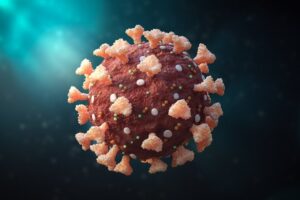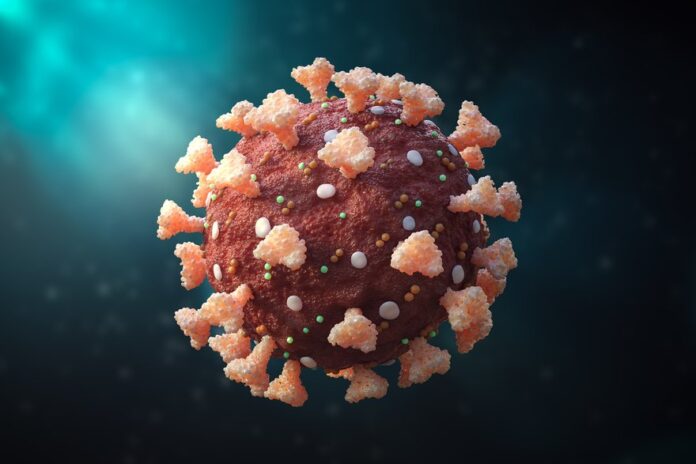Testing, tracking, treating and vaccination is the only way to beat the new variant of SARS-Cov 2 Omicron as Central government asks States to ramp up this five-fold strategy.
The need to ramp up is due to the changing scenario in the country with Rajasthan reporting the highest cases of Omicron at 9 and Maharashtra at 8. There are 23 cases of Omicron reported in the country.
Transmissibility of Omciron is 3.5 times more than Delta variant according to initial reports.
Delta variant continues to be the dominant variant in the environment of India. But there is fear that due to gatherings for marriage, social functions and other mass gatherings there could be an increased spread.
Recent cases in hospitals in Hyderabad have had bride, groom and their extended family reporting to hospital with Covid 19. Dr C Vijay Kumar, senior pulmonologist at Apollo Hospitals says, “Those who are vaccinated are reporting with symptoms of cough, cold and fever. Covid 19 is manifesting as a viral disease in those who have taken both doses of vaccine. Despite that people are getting scared and getting CT scan done. For those who are fully vaccinated there is no manifestation in the lungs. The CT scan is required only when the oxygen levels fall below 94.”
With socializing peaking due to auspicious occasions and people getting back to normal living there has been a lapse in protocols of masking.
 In a review meeting today by central union health secretary Rajesh Bhushan, Dr Balram Bhargava, director general of Indian Council of Medical Research and health secretaries of states it was insisted that Covid Appropriate Behaviour must be followed strictly.
In a review meeting today by central union health secretary Rajesh Bhushan, Dr Balram Bhargava, director general of Indian Council of Medical Research and health secretaries of states it was insisted that Covid Appropriate Behaviour must be followed strictly.
The states have been asked to increase RT-PCR testing. The challenge is that RT-PCR testing cannot detect the ‘S’ gene of Omicron.
Dr Amrita Singh, chief of Lab services, Neuberg Diagnostics explains, “It is now established that the Omicron variant escapes the ‘S’ gene. But the RTPCR testing kits that are being used do not contain reagent for S gene. They have reagents for N and Open Reading Frames genes. If the RTPCR test shows negative for the presence of S gene in a given swab sample and positive for other two genes, it is an indicator that the person may have been infected by the Omicron variant. We are trying to procure kits which can test ‘S’ gene as it will become easier to detect.”
Till then Government of India has asked that there must be genome sequencing done for those samples which are negative for the presence of S gene. This surrogate testing method is being kept as indictor for ‘suspected cases’ till genome sequencing is completed.
With the approaching winter season, Government of India has advised that prevalence of influenza like illness (ILI), severe acute respiratory infection (SARI) and respiratory disease symptoms must be closely monitored.
Home isolation is also being stressed for effective mechanism and control measures. Districts and cities which report high positive cases must be monitored on regular basis and there must be prompt dispatch of samples to INSACOG (Indian SARS-CoV-2 Genomics Consortium) for genome sequencing.
Health facilities at the field level like functional ventilators, PSA plants, oxygen concentrators and others supplied by the Centre must be utilized by the state governments. Health secretary urged States to maintain adequate buffer stock of medicines and also accelerate the vaccination drive in eligible population.
By:
Kaniza Garari
Senior Assistant Editor
IndiGlobal Media Network








